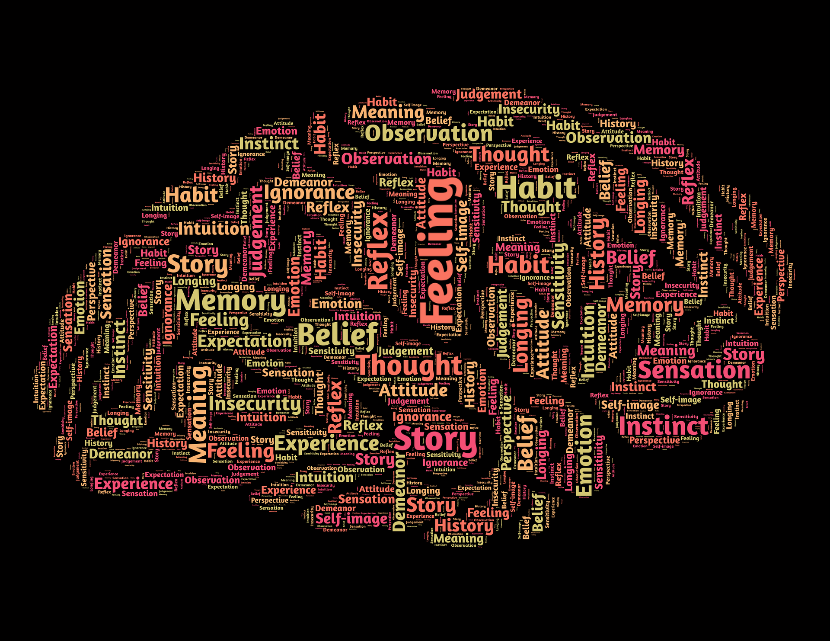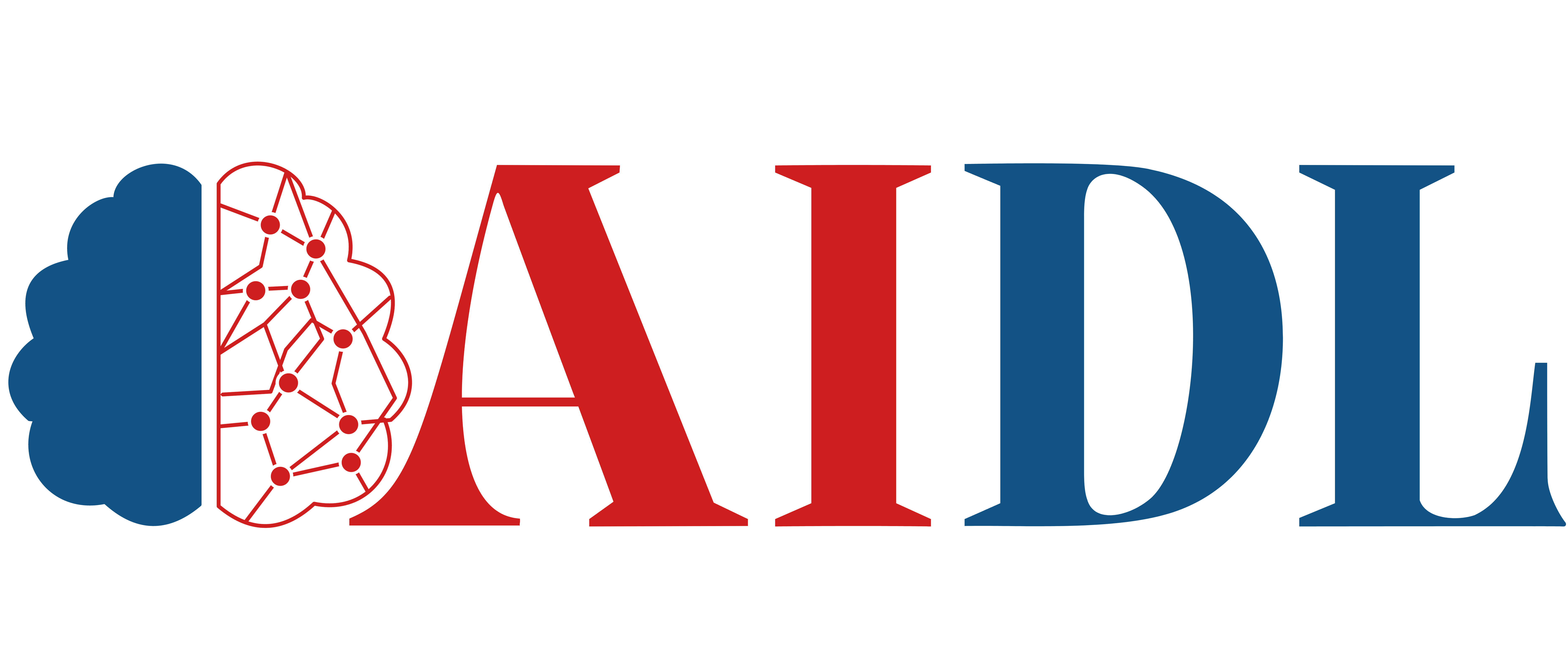
Advanced Topics in Deep Learning
AIDL_B02
Due to the advancements on Deep Learning (DL), we are now in the age of Narrow Artificial Intelligence, where a computer program is able to surpass people in very narrow tasks, such as image classification, speech recognition and auto-reply. In addition, software agents are able to outperform human performance by choosing their own strategies in complex puzzle games such as chess and Go as well as multiplayer video games such as StarCraft II, which are based on Deep Reinforcement Learning (DRL) algorithms. Next, Deep Learning algorithms have the ability to create artificial images whichcan be indistinguishable from humans. However, in order to enter the age of General Artificial Intelligence, Deep Learning models must be able to learn from a small amount of data and apply their knowledge from one field to another field, as people do. The aim of the course is to present advanced Deep Learning methodswhich are able to train models in small data-sets as well as to perform transfer of learning among different fields. Furthermore, in this course students will become familiar with Deep Reinforcement Learning methods in order to apply them to electronic games, robotic system simulators as well as finding the optimal Deep Learning architectures.The notes as well as the proposed exercises, are based on the teaching material and suggestions which have been developed for this purpose by the NVIDIA Deep Learning Institute (https://developer.nvidia.com/teaching-kits).
- Deep learning techniques for tackling small datasets:
- Zero/One/Few-shot learning (Siamese networks)
- Active Learning
- Learning to learn: Meta-learning
- Self-supervised learning
- Deep generative models:
- Variational Auto-Encoders
- Generative Adversarial Networks (GANs)
- Cycle-GANs
- Deep Reinforcement Learning (DRL):
- Deep Q-Network, Deep Deterministic Policy Gradient, Advantage Actor Critic (A2C),
- Relational DRL, Curiosity-driven RL
- AutoML: Neural Architecture Search
This course is using project-based assessment. Students are asked to complete an individual project on the following (indicative) topics, and their grade (100%) is based on the level of completeness, algorithm performance and documentation of the solution:
- Develop Siamese Neural Networks for one-shot learning
- Develop an Active Learning application for image classification
- Create fake celebrity images from noise
- Image-to-Image Translation
- Develop AI agents to play arcade games
- Develop AI agents for robotic control
- Cultivate proficiency in advanced Deep Learning methods that empower the training of models with limited datasets, expanding their scope beyond narrow AI to encompass broader applications.
- Attain expertise in transfer learning techniques, enabling Deep Learning models to apply acquired knowledge from one field to different domains, replicating the adaptability seen in human learning.
- Develop the competence to employ Deep Reinforcement Learning techniques in electronic games, robotic system simulations, and various other settings, demonstrating practical application in handling complex tasks.
- Investigate the potential of Deep Learning algorithms to generate artificial images that cannot be distinguished from images created by humans, underscoring their capacity to produce authentic visual content.
- Utilize methods for identifying optimal Deep Learning architectures, facilitating the effective design of neural networks for a wide range of tasks.
- Contribute to the progression of General Artificial Intelligence by providing students with the knowledge and tools required to propel Deep Learning beyond specific tasks and into more extensive realms of application.
Course Features
Course type: Major
Semester: 2nd
ECTS: 6
Duration: 13 weeks
Courses: Instructor-led + online
Language: English
Assessment: Project based

Instructor
